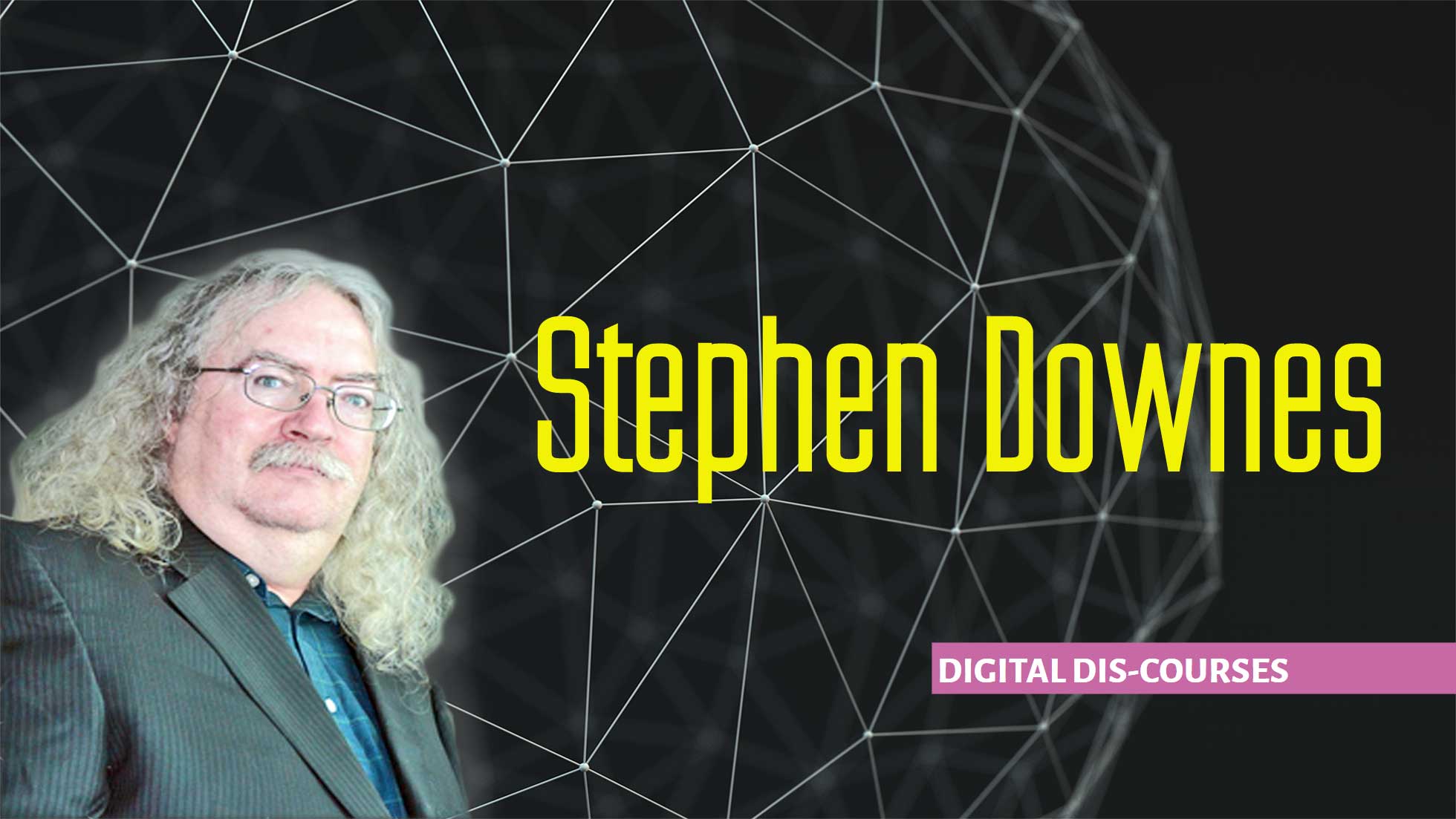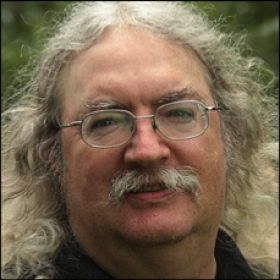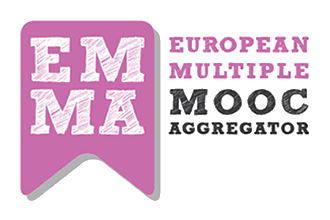Course Overview

Persona, society and technology: processes of transformation in a digital age.
We are becoming digital in a way that is not clearly understandable yet. We are no longer capable of distinguishing between what is real and what is virtual, as we did at the beginning of the digital story. Our lives, bodies, emotions, feelings and memories are strongly embedded in the digital world. For better or worse, we are living in a technological era which is re-defining how we think, learn, love, work. What does it mean to be a digital persona? What is the role of algorithms, the digital unconscious and knowledge networks.
This MOOC involves distinguished experts in the field of digital culture in open discussion. They present their own reflections on these questions, and their contributions take us through the changing landscape of self, society and technology, transforming hopes and criticism into food for thought.
Whatever your reason for joining this MOOC, you can explore the questions with our experts to clarify your own responses.
You can exploit the course in 2 ways
1. Serendipity
Play a game of Fortune. Choose any expert as your starting point and then randomly construct your own learning journey through digital culture. You will discover your own logic and connections between the different contributions. Using the coursebook, you can record and comment your journey, and share it with other users.
Click on the video tutorial to find out more about the Coursebook feature.
2. Guided tour
You can see these MOOCs as conceptual sets that navigate you through the changing technological and societal landscape. Each set offers you different perspectives and challenges to reflect on and enjoy:
(i) Situating individual minds within the landscape (Bogliolo, Sorrentino, de Waard, Webster)
(ii) Mapping emerging territories and directing the individual within the new socio-technical regimes (Orban, Weinberger, Downes, Miranda)
(iii) Describing/redescribing paradigms and realities (Boyd, Kerkhove, Powe, van Heusden).
In the lesson of Digital Dis-courses MOOC, Stephen Downes talks about the emergence of a new type of knowledge in response to the network age. In his first lesson he shows how this knowledge is a departure from the traditional ideas of quantity or quality, creating new modes of organization and new ways to understand society.
In his second lesson he applies his theory to the future of Education.
Learning Objectives
Raise awareness of the term "network" as applied to the digital age and to learning
Understand the relevance of this theory to your own online learning experience and MOOCs
Outcomes
A deeper understanding of Stephen Downes' theory of Connectivist learning, learning networks and how and why they emerged.
Use of content and licenses
This content is offered as an open educational resource (CC-by) by the author
Course Structure
- Lesson 1 - The emerging new consciousness in Digital Culture
- Lesson 2 - The Best of Both Worlds: Access and Quality in Education of the Future
Teacher
Stephen Downes
Stephen Downes is a commentator in the fields of online learning and new media. Downes has explored and promoted the educational use of computer and online technologies since 1995. Downes gave the 2004 Buntine Oration and was a presenter at the February 2007 OnlineConnectivism Conference. In 2008, Downes and George Siemens designed and taught an online, open course reported as a "landmark in the small but growing push toward 'open teaching'" - widely considered the first Connectivist Massive open online course (MOOC).
Born in Montreal, Quebec, Downes lived and worked across Canada before joining the National Research Council of Canada as a senior researcher in November 2001. Currently based in Ottawa, Ontario, Downes is a researcher at the NRC's Information and Communications Technologies Portfolio.




